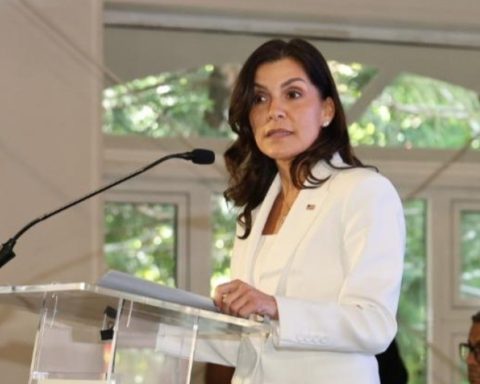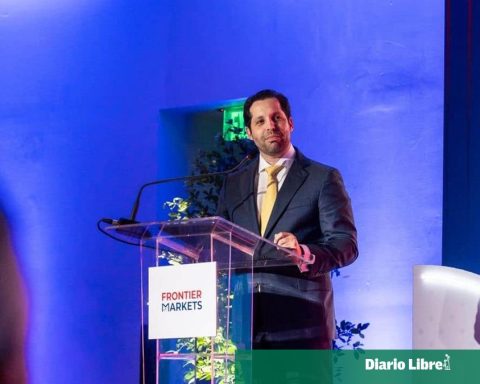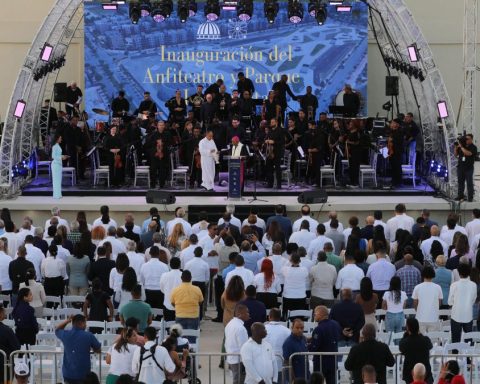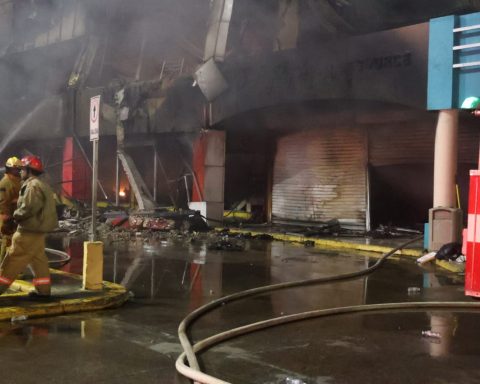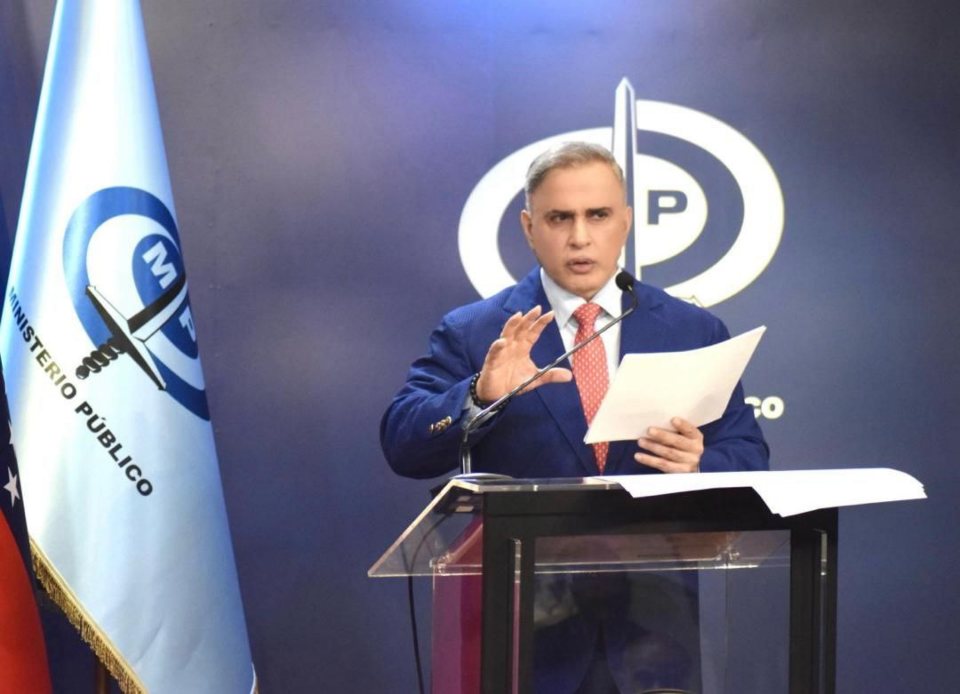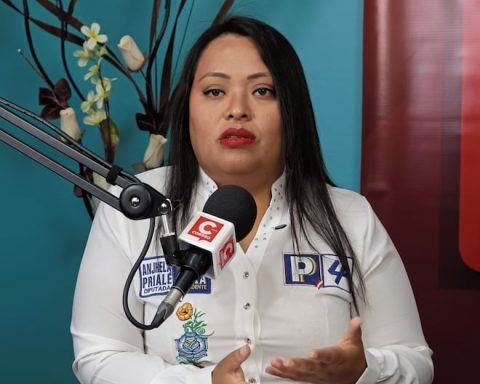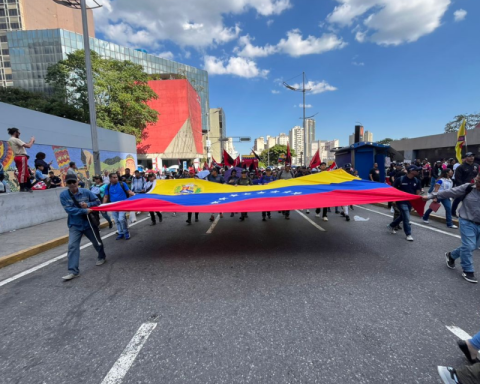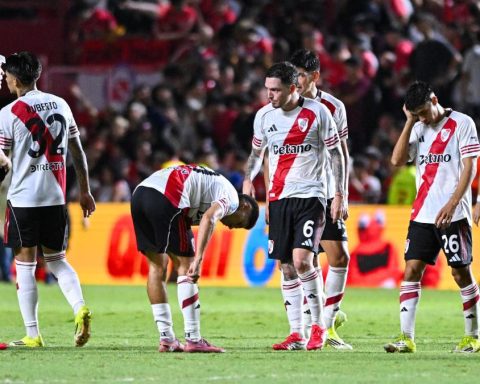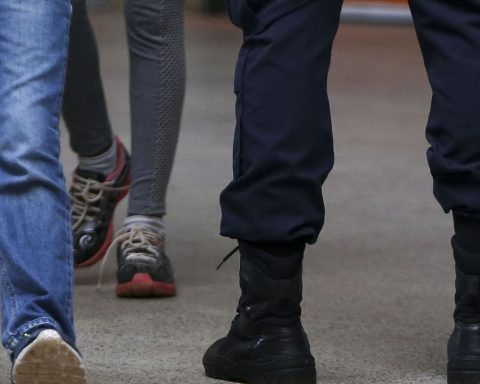The head of the General Directorate of Prosecution of the Public Ministry, Yeni Berenice Reynoso, said today that the Dominican Republic wants to be a paradise for commerce, but for legal trade.
Berenice spoke when participating in the panel called “Conceptual and legal framework of the Illicit Trade and Unfair Competition, and Money Laundering via trade in goods”, as part of the agenda of the “International Seminar-Workshop on Illicit Trade and Unfair Competition”, organized this Tuesday by the General Directorate of Customs (DGA).
He warned that for illicit trade: “we are going to go for everything: for high sanctions, for high confiscations, because the Dominican Republic does want to be a model of trade, but under no circumstances a paradise where the illicit tradewhich generates so much damage from the impact on the economy, negative consequences on people’s lives, on the quality of people’s lives.
He added that, as one of the main tourist destinations of the hemisphere, with historical data, “we cannot afford to understand that in the Dominican Republic there is insecurity in taking medications and ingesting alcoholic beverages“.
Decrease in deaths
He pointed out that deaths linked to the ingestion of adulterated alcoholic beverages have been reduced by more than 149% in the Dominican Republic, being the most successful country in the region on this issue.
“This is an example of what we can do together. I always believe that when we work as a team, respecting competencies, but working as a team, it is possible to build a better country,” he highlighted. Yeni Berenice Reynoso.
The Dominican Republic faces the challenge of illicit trade and unfair competition, problems that affect the formal economy, tax collection and consumer safety.
“He illicit trade and the unfair competition require particular and timely attention that has been demanded not only by Dominican society, but also by our main commercial partners and by our entire region,” said Eduardo Sanz Lovatón, head of the General Directorate of Customs (DGA).
He highlighted yesterday that the entity is carrying out an inspection process of 102 companies of Asian origin during 2024 for different irregularities that promote illicit trade in the country.
“44 have already been audited companies. Reliquidating, this year alone, an amount above 2,400 million pesos,” indicated the head of Customs.
He also said that for the first time, in a joint action with the General Directorate of Internal Taxes (DGII) and Customshave carried out a joint inspection of more than 30 companies that import from Asia.
Technological tools and customs control
The General Directorate of Customs (DGA) implemented a “risk engine” that, since 2021, has configured more than 550 new risk profiles. In 2024, this resulted in the physical inspection of more than 115,000 import declarations, with an effectiveness of 40%.
Subsequent audits generated additional income above 15,000 million pesos, addressing cases of undervaluation of merchandise, smuggling and tariff errors.
Strengthening the legal framework
- The promulgation of a new Customs Law In the first 300 days of government, he provided institutions with modern tools to combat illicit trade.
- In addition, the operationalization of Law 17-19 through decrees such as 405-22 and the creation of the Specialized Body for Fuel Control and Trade of Goods (Ceccom).
Tangible results
Inter-institutional collaboration
For the first time, institutions such as the General Directorate of Internal Taxes (DGII), the Ministry of Laborthe Immigration Directorate and the Superintendency of Banks work in a coordinated manner.
Through the Illicit Roundtable, the government seeks to strengthen the supervision of tax obligations and social security, guaranteeing legality in all commercial operations.
The Minister of Finance, Jochi Vicentehighlighted that these actions have positioned the country as a benchmark in the region. “The fight against illicit trade It is not an isolated event, but a comprehensive policy,” he stated during the seminar-workshop on illicit trade and unfair competition.
Notable achievements
The minister of IndustryCommerce and MSMEs, Víctor Bisonó, celebrated milestones such as: the country’s departure from the observation list of the US 301 Report on intellectual propertyafter almost three decades. Furthermore, the elimination of deaths related to adulterated alcoholthanks to awareness campaigns and joint operations that have dismantled 22 clandestine factories.
Private Sector Perspective
The Association of Industries of the Dominican Republic (AIRD) and the National Council of Private Enterprise (Conep) highlighted the importance of combating illicit trade. According to Mario Pujols, vice president of the AIRDthis practice “distorts the market and encourages international criminal activities.”
The Public-Private Prevention Council Illicit Tradecreated under Law 17-19, has become an essential mechanism to unify efforts between both sectors.
Economic impact and challenges
Luis Valdez, director of the DGII, pointed out that the losses due to illicit trade They amount to billions of pesos. Only 30 audited companies stopped contributing between 4,000 and 5,000 million pesos to the State.
A transparent trading future
The fight against illicit trade and unfair competition requires sustained efforts and a comprehensive strategy. Dominican institutions have laid the foundations to guarantee fair trade, protecting the national economy and strengthening the confidence of international partners.
The vision shared by the government, the private sector and international organizations is clear: transform the Dominican Republic into a benchmark for legal trade and a safe destination for investments.


